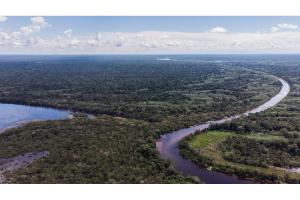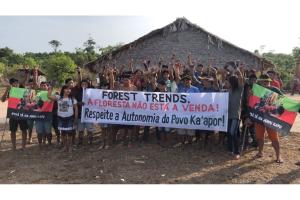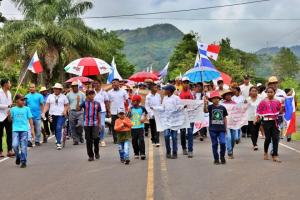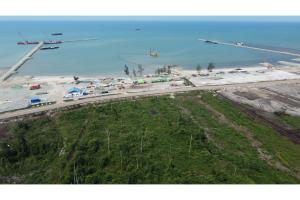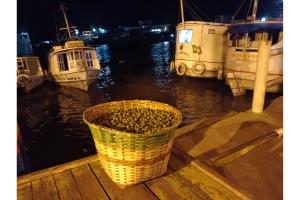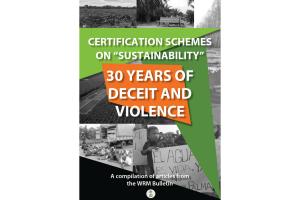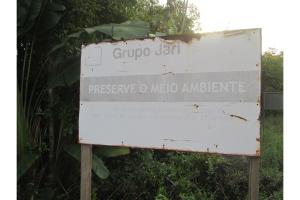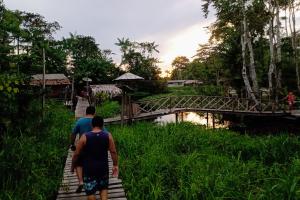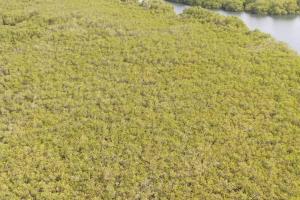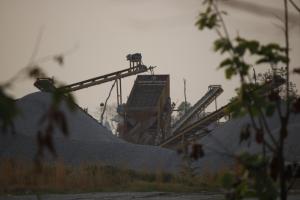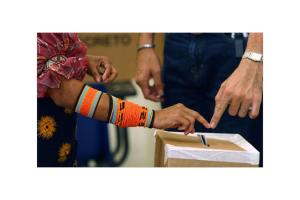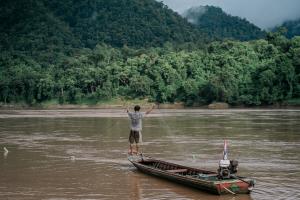Carbon offsetting and REDD
Reducing Emissions from Deforestation and Degradation (REDD+) has become the dominant international forest policy. Variations of REDD+ include Nature-Based Solutions and corporate pledges to achieve Zero Net Deforestation. In reality, though, deforestation continues, polluting companies use REDD+ offsets to avoid reducing their fossil fuel emissions, and zero-net deforestation pledges allow forests to be cleared in one area as long as an “equivalent” area is restored elsewhere.
Bulletin articles
26 February 2024
Indigenous communities of the Peruvian Amazon Basin have created a network to defend their rights to territory and self-determination. Their struggle is not only against deforestation, but also against conservation and carbon market projects—such as REDD projects—that cause more injustice and internal conflicts.
Bulletin articles
26 February 2024
The Ka'apor live in Alto Turiaçu, in the northwestern part of Maranhão state in Brazil. It is the largest indigenous territory of the Eastern Amazon and the largest portion of preserved rainforest in the region. Foreign companies have arrived there to propose REDD projects; this has caused conflict, and part of the community is rejecting these projects and organizing to resist.
Bulletin articles
19 December 2023
Almost 30 years of UN climate negotiations have resulted in the establishment of policies and practices that facilitate the constant expansion of the fossil fuel-based economy (and its profits) while hiding its implacable negative impacts for the territories where it expands.
Bulletin articles
19 December 2023
President Jokowi calls the Kalimantan Industrial Park Indonesia (KIPI) “the largest green industrial area in the world”. But in reality, there is nothing green about the KIPI. It will lead to massive fossil fuel use, land and water grabbing, while threatening thousands of people in coastal communities with forced eviction. (Available in Indonesian).
Bulletin articles
19 December 2023
Carbon offsetting projects jeopardise small-scale farming, the felling of trees for subsistence, and other centuries-old practices of Indigenous Peoples and traditional communities in the Amazon region. Contracts promoted by companies undermine local care strategies and workers’ creativity, undervaluing or even denying them completely.
Bulletin articles
19 December 2023
A compilation of articles from the WRM Bulletin aims to expose the damaging role played by companies and organizations involved in certification schemes. After three decades, what is clear is that the only “sustainability” that they guarantee is that of corporations’ business and that of certification industry itself.
Bulletin articles
25 October 2023
WRM’s reply to Biofílica Ambipar’s “Clarification Note” about the article "REDD and the Green Economy exacerbate oppression and deforestation in Pará, Brazil", written by WRM and published in its Bulletin of July 2023.
Bulletin articles
22 July 2023
In the ‘green economy,’ the interests of corporations, governments and the conservation industry intersect. All of these entities, in one way or another, profit from the destruction of forests and the dispossession of communities. In Pará, there are not only increasing REDD projects, but the state governor is seeking to implement jurisdictional REDD throughout the territory.
Bulletin articles
22 July 2023
Climate chaos is tangible in the Saloum Delta. Fishing-dependent communities face substantial impacts, which are accentuated by the fishing industry and the fossil fuel industry. A reforestation project of mangrove trees, funded by Shell, has now turned into a carbon project, which will exacerbate the climate impacts for communities. Among the profiteers from the fossil fuels’ extraction in Senegal is BP and Shell.
Bulletin articles
30 March 2023
Forests in Cambodia have seen large-scale deforestation with rubber and cassava plantations, illegal logging and other economic interests. Besides, Protected Areas and carbon projects like REDD+ have severely affected forest communities. Despite the criminalization, communities fight back, underlining the important connection between living with their forests and having autonomy to enough, diverse and nutritious food.
Bulletin articles
30 March 2023
A recent Popular Consultation in Ecuador attempted to include, among other things, ‘environmental services offsets’ as a constitutional right. The majority of voters voted against it. However, this attempt serves as a warning about the interests that wish to strengthen policies of appropriation and the commodification of nature.
Bulletin articles
30 March 2023
Indigenous Peoples and communities in the forests of Thailand are threatened with policies that have added a new type of asset: carbon credits. The legislation passed in the name of conservation and climate mitigation is in fact designed to limit the use of forest communities of their land and forests while encroaching them into smaller areas.
